Blog
Can a Former Employer Badmouth You?
If you’re concerned about what a former employer might say regarding your time with the organization or reasons for departure, you aren’t alone.
Former employers do have a right to offer their opinion, but there’s a line they must not cross. As an employee who may be looking for new work, it’s crucial to distinguish between negative yet lawful comments and unlawful badmouthing that could damage your professional reputation and future job prospects.
Differentiating Between Opinion, Criticism, and Defamation
It’s important to understand the difference between an opinion or criticism and a defamatory statement.
- Opinion: Expressing an opinion, even if negative, is generally protected under free speech. For example, saying, “I didn’t enjoy working with [Name]” is an opinion.
- Criticism: Constructive criticism based on factual information is also permissible. For instance, “Their project management skills need improvement” is a form of criticism.
- Defamation: Defamation occurs when false statements are made that harm an individual’s reputation. For example, falsely claiming someone committed fraud is defamatory.
Understanding these distinctions can help you navigate workplace dynamics more effectively and protect your professional reputation. If you believe you have been discriminated against or fired due to defamation, contact our workplace discrimination lawyers in San Diego to see if you have a case.
Defamation Laws
Defamation laws protect individuals and businesses from false and damaging statements. To prove defamation, the following elements must be established:
- False Statement: The statement must be false.
- Publication: The statement must be communicated to a third party.
- Fault: The statement must be made with negligence or malice.
- Harm: The statement must cause harm to the individual’s reputation.
Section 46 – Slander defined
Slander is a false and unprivileged publication, orally uttered, and also communications by radio or any mechanical or other means which:
- Charges any person with crime, or with having been indicted, convicted, or punished for crime;
- Imputes in him the present existence of an infectious, contagious, or loathsome disease;
- Tends directly to injure him in respect to his office, profession, trade or business, either by imputing to him general disqualification in those respects which the office or other occupation peculiarly requires, or by imputing something with reference to his office, profession, trade, or business that has a natural tendency to lessen its profits;
- Imputes to him impotence or a want of chastity; or
- Which, by natural consequence, causes actual damage.
Understanding what is considered defamation can help you protect yourself in the event of your employer saying something negative and untrue about you.
Employee Recourse for Defamatory Statements
Employees who believe they have been defamed by a former employer have several options to seek recourse. Navigating these options can help restore their reputation and potentially obtain compensation for any damages suffered.
Internal Resolution
Before taking legal action, employees may consider addressing the issue directly with the employer. This can involve requesting a retraction or correction of the false statement. In some cases, a direct dialogue may lead to a satisfactory resolution without the need for further action.
Legal Action
If internal resolution fails, employees can pursue legal action by filing a defamation lawsuit. To succeed, they must demonstrate that the former employer’s statements meet the criteria for defamation outlined earlier, and they must substantiate the harm caused. Legal action can be complex, so seeking the advice of an experienced attorney is crucial.
Mediation and Arbitration
Mediation or arbitration can be alternative methods to resolve defamation disputes. These processes involve a neutral third party who helps both sides reach a mutually agreeable solution. Mediation and arbitration are typically less formal and less expensive than going to court, providing a quicker resolution.
Preventative Measures for Employees
Preventing employers from badmouthing past employees is crucial for maintaining a positive professional reputation. By taking proactive steps, employees can safeguard their future career prospects and ensure that any references remain favorable. Consider the following:
Maintain Professionalism at all Times
One of the most effective ways to prevent employers from badmouthing you is to maintain a high level of professionalism in all interactions. This includes being punctual, respectful, and responsible in both your duties and communication.
Foster Positive Relationships
Building positive relationships with supervisors, colleagues, and subordinates can serve as a buffer against negative comments. When you have a network of individuals who vouch for your character and work ethic, it becomes challenging for a single negative voice to overshadow positive testimonials.
Clear and Respectful Exit Strategy
If you decide to leave an organization, ensure your exit is well-mannered and respectful. Provide adequate notice, complete pending tasks, and participate in exit interviews constructively. A graceful exit leaves a lasting positive impression.
Request Written References
Request written references before leaving your current job. Having a written reference from your employer provides you with a concrete document that can be shown to future employers, ensuring that your achievements and character are accurately represented.
Keep Documentation
Maintain records of any accolades, positive performance reviews, or commendations received during your employment. These documents can be invaluable in counteracting any negative remarks made by a former employer.
If you have any questions or need assistance, contact employment law attorneys in San Diego today to schedule a free consultation.

